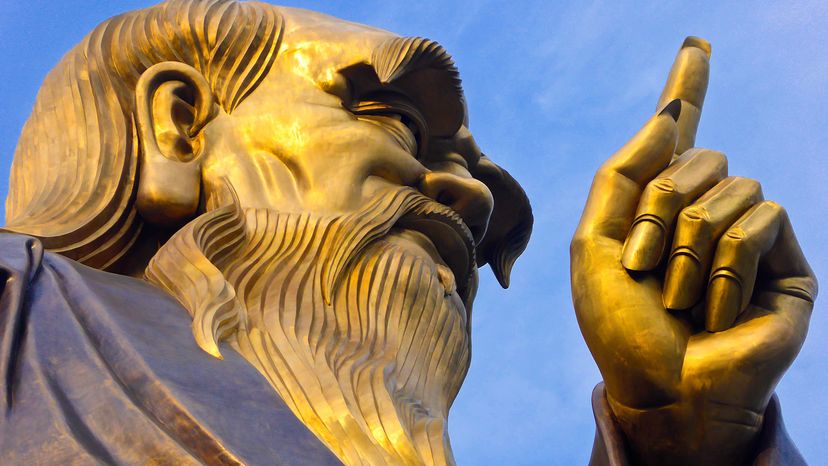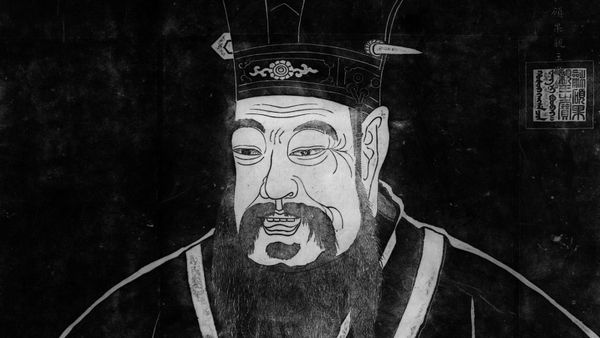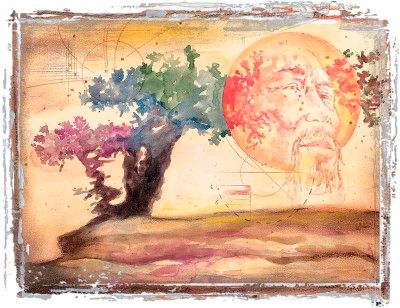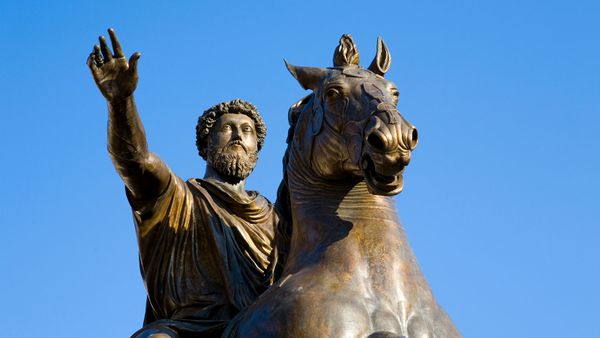
The "Tao Te Ching" was compiled around 300 to 250 B.C.E, but its wisdom resonates as powerfully today as it did more than two millennia ago. The slim text was written in ancient China during the Warring States period, a three-century period of incessant warfare between various Chinese states. In 81 stanzas, the "Tao Te Ching" pushes back against the all-too-human desire for "more" — more money, more status, more power, more things — and focuses instead on simplicity, harmony and a return to Tao or "the way."
The author of the "Tao Te Ching" is Lao-tzu (also written as Laozi), an honorific title that means "Old Master." According to biographies written centuries later, Lao-tzu (pronounced lao-zuh) was a sage-like archivist in the Zhou court who served as an early teacher of Confucius. Lao-tzu refused to write down his teachings, but when he decided to leave his homeland for India, he was pressed by a border guard to share his wisdom. Legend has it that the border guard dutifully copied down the words of Lao-tzu in the "Tao Te Ching," which means "The Book of the Way and Its Power."
Advertisement
Modern scholars disagree on whether an historical figure named Lao-tzu ever existed, or whether he and his writings were a compilation of Chinese wisdom passed down over the centuries. Eventually, what started out as a philosophy called Taoism (or Daoism) soon became a religion with Lao-tzu as the earthly personification of the Tao — the ultimate power that gives order to the universe.
Reading the "Tao Te Ching" today, it feels like Lao-tzu is directly addressing 21st-century problems: runaway consumerism, overdevelopment, the single-minded pursuit of profit and growth at the expense of the environment, and disregard for the poor and marginalized. But that's because it was written at the turn of the Iron Age, when new technologies fueled a population explosion and ensuing conflicts over land and resources.
"The 'Tao Te Ching' was written in a political climate where people were doing just what they're doing today," says Livia Kohn, professor emerita of Daoist Studies at Boston University and author of "Daoism and Chinese Culture." "They were destroying the environment and there were all of these power mongers waging war on people. It was a very messy time that they lived in."
Lao-tzu's message, then and now, is that the human urge to dominate and alter the world to fit our desires is ultimately foolish. There is an underlying nature to everything that is organic, simple and easy, and the way to find it is through calmness and quiet intuition, not through ambitious and aggressive tactics.
Here are five eye-opening passages from the "Tao Te Ching" that offer a way to maintain a sense of harmony and balance in an often-chaotic world, courtesy of the legendary Taoist master Lao-tzu.
Advertisement


